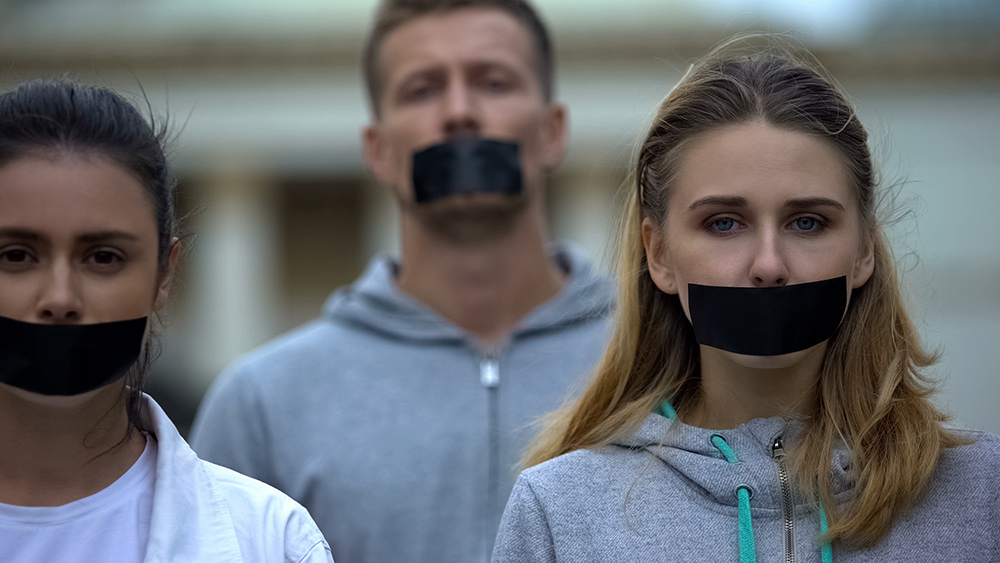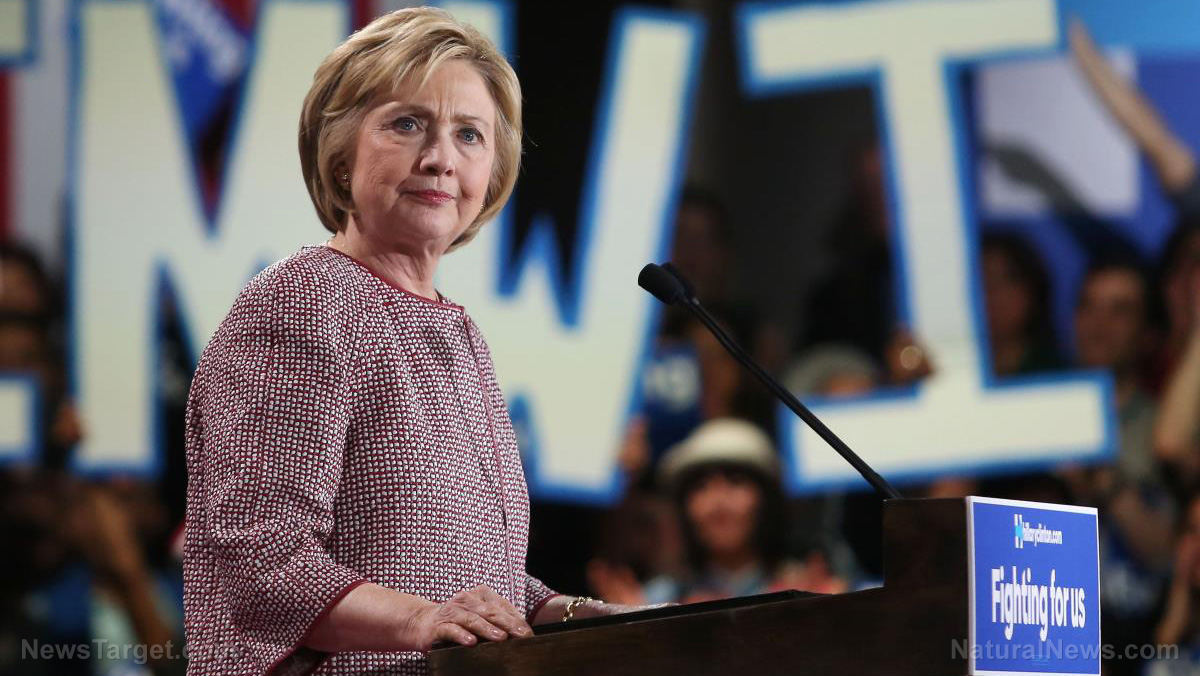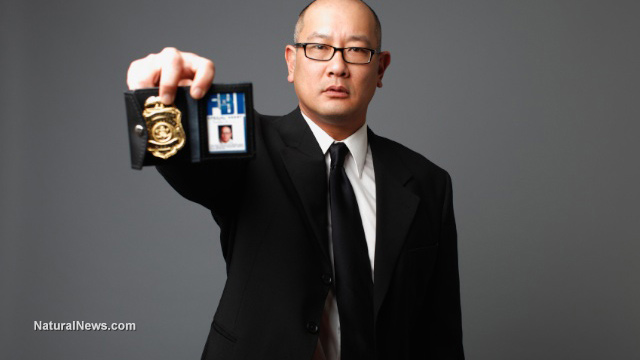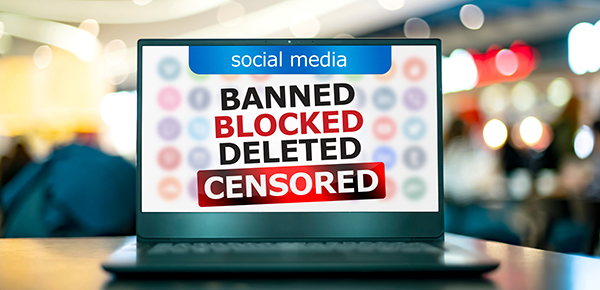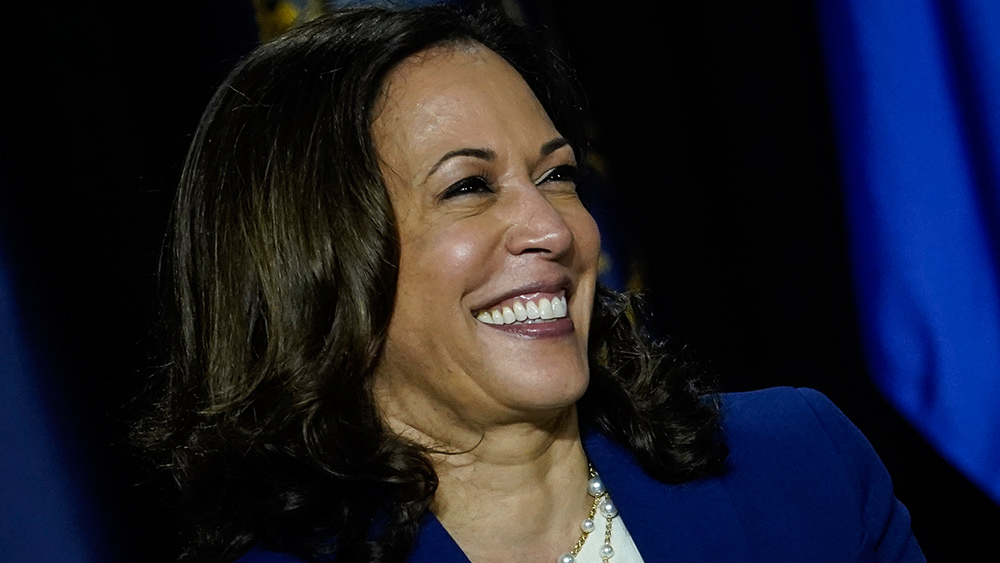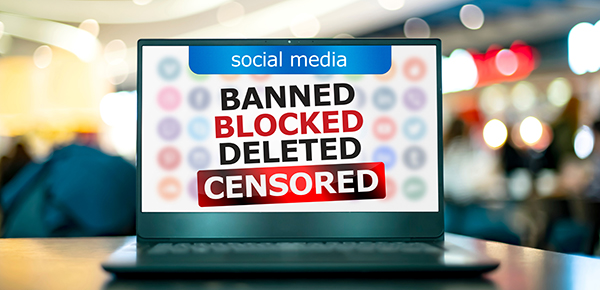Bill Gates shares his vision for shaping AI and controlling “misinformation” with Oprah Winfrey
09/23/2024 / By Cassie B.

Bill Gates wants to exert greater control over the narrative surrounding vaccines, and he thinks AI could provide the perfect opportunity, according to comments he made to Oprah Winfrey in her recent “AI and the Future of Us” special featuring Gates along with OpenAI CEO Sam Altman, FBI Director Christopher Wray, and tech influencer Marques Brownlee.
The special as a whole took a generally wary attitude toward the technology, but Gates took a more optimistic approach, which is not surprising when you consider how much he has to gain from AI and the opportunities it presents.
He promoted regulations for AI that would conveniently allow tech companies to work with the government – something that is already happening behind the scenes and working in his favor in cases like the pandemic, when social media platforms made sure vaccine critics’ opinions did not get airtime.
When Oprah asked Gates whether Microsoft and other companies profiting from AI products have an obligation to “help us manage and navigate through this change,” he took advantage of the question to push for Big Tech-government collusion.
He also tried to claim he was naïve in the past when the topic turned to how AI can benefit from the lessons learned by what we “missed” when it came to the internet and social media.
“We thought the internet, the availability of information would make us all a lot more factual. The fact that people would seek out kind of a niche of misinformation, we were a bit naïve, and bringing those lessons up, let’s get ahead of this. Let’s get the politicians to be users and have a dialogue about maximizing the benefits while minimizing the negatives,” he stated.
The tech entrepreneur’s so-called philanthropic organizations are largely focused on vaccines, with initiatives ranging from vaccine campaigns targeting those in third-world countries, some of which have been accused of leaving women there sterile, to supporting unapproved mRNA COVID-19 vaccines.
Gates wants to call opinions he disagrees with “misinformation” and censor them
To further this cause, he has been calling for the government to control speech surrounding vaccines on the pretense of stopping “misinformation.” In a recent interview with CNBC, he suggested that AI could be used to identify so-called vaccine misinformation – which is really a label for factual information about the negative effects of vaccines – so that it can be censored before others see it.
“We should have free speech, but if you’re inciting violence, if you’re causing people not to take vaccines, where are those boundaries that even the U.S. should have rules? And then if you have rules, what is it?” he asked, seemingly implying that free speech should be limited when it comes to sharing the drawbacks of vaccines.
Although he did not specify which authorities could be given this power, he made his desire for immediate censorship clear.
“Is there some AI that encodes those rules because you have billions of activity, and if you catch it a day later, the harm is done,” he said.
He also shared this belief in an interview on the German program Handelsblatt Disrupt, where he said that AI should be used to prevent certain views from being “magnified by digital channels.”
It’s pretty clear what his agenda is here, and sadly, he’s not the only person who spots an opportunity here. Several prominent Democratic leaders have called for an “enlightened algorithm” that can shape Americans’ beliefs, and Kamala Harris will likely continue Biden’s efforts to get Big Tech to censor people and control the narrative if she wins the election in November.
Sources for this article include:
Submit a correction >>
Tagged Under:
AI, bias, big government, Big Tech, bill gates, Censored Science, Censorship, Collusion, conspiracy, corruption, deception, deep state, First Amendment, free speech, future tech, Glitch, health freedom, Liberty, Medical Tyranny, speech police, technocrats, thought police, vaccine wars, vaccines
This article may contain statements that reflect the opinion of the author
RECENT NEWS & ARTICLES
COPYRIGHT © 2018 SPEECHPOLICE.NEWS
All content posted on this site is protected under Free Speech. SpeechPolice.news is not responsible for content written by contributing authors. The information on this site is provided for educational and entertainment purposes only. It is not intended as a substitute for professional advice of any kind. SpeechPolice.news assumes no responsibility for the use or misuse of this material. All trademarks, registered trademarks and service marks mentioned on this site are the property of their respective owners.


